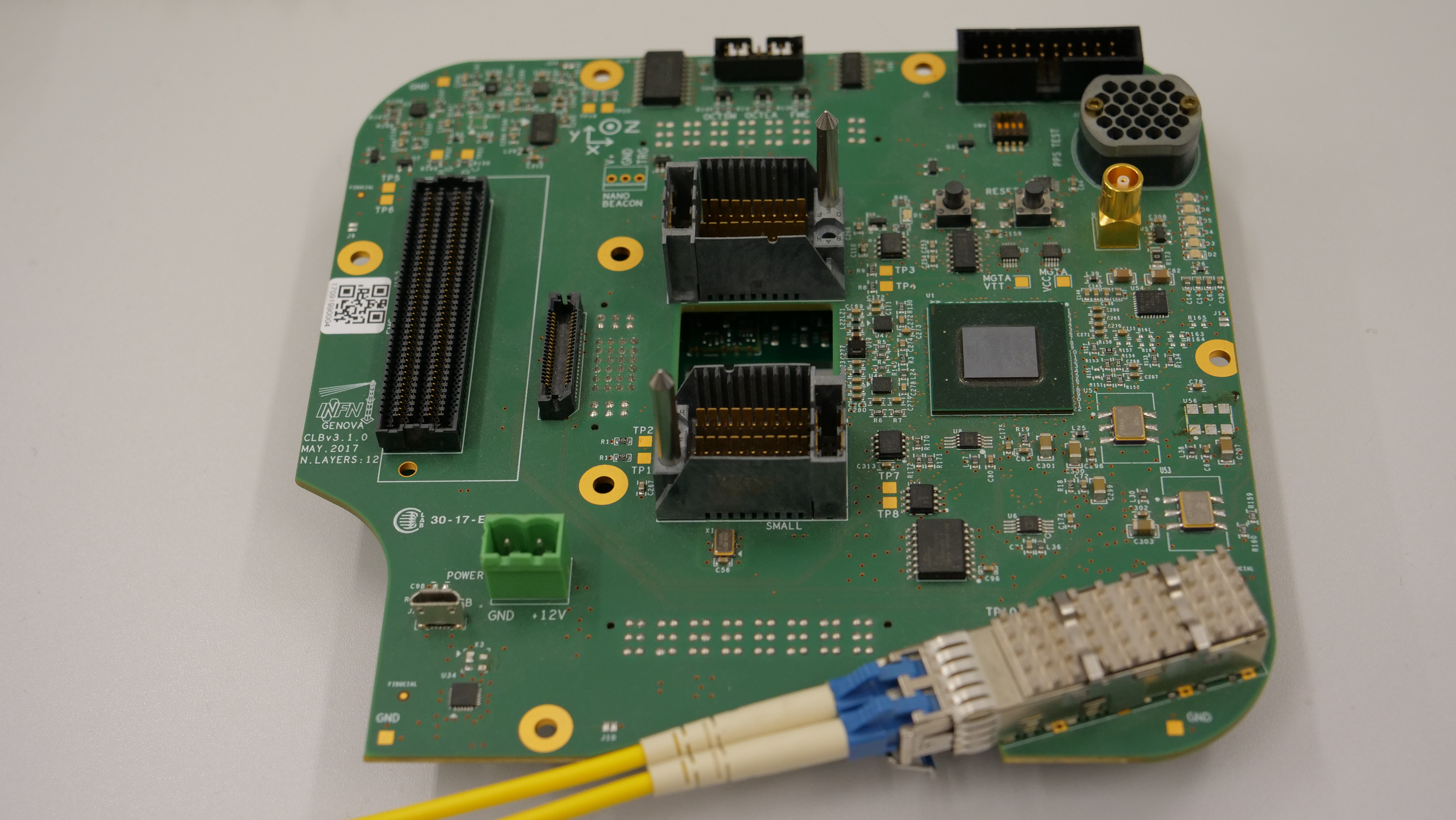The Institute of Corpuscular Physics (IFIC), located in the Science Park of the University of Valencia (PCUV), has received 290,400 euros from the Strategic Project of Microelectronics and Semiconductors (PERTE CHIP) to carry out the AION project, which aims to develop an innovative data acquisition system, consisting of 32 channels of TDC (time to digital converters), whose resolution will be of 1 nanosecond
The AION (Acquisition Integrated On Network) project has a duration of two years and proposes to create modular and easily adaptable systems for use in different experiments in nuclear and high energy physics. Both fields of physics, despite having different objectives and studies, share the same need: to have acquisition systems capable of processing a large amount of data from different channels and modules, all synchronized with high precision. Some experiments need to process their data using analog-to-digital converters (ADC) and others using time-to-digital converters (TDC), but all require a synchronization system that is as accurate as possible. Given this situation, the idea of AION arises as an acquisition system that incorporates both TDCs and ADCs, as well as a synchronization protocol based on White Rabbit technology, capable of synchronizing the different AION modules below the nanosecond and whose usefulness goes beyond high-energy physics.
The main advantage of the AION system is to have a versatile timing system that can be used in a multitude of different applications. The innovation that this new system brings is higher accuracy in timing and real-time signal monitoring with application in fields such as telecommunications, high energy physics, finance, metrology or instrumentation.
The innovation that this new system brings is higher accuracy in timing and real-time signal monitoring with application in fields such as telecommunications, high energy physics, finance, metrology or instrumentation
The origin of AION lies in the development of the acquisition electronics of the KM3NeT experiment, for which the VEGA group of the Institute of Corpuscular Physics (IFIC), located at the University of Valencia Science Park (PCUV), has taken a leading position. The VEGA group researches from neutrino astronomy to particle physics. It is actively working on a variety of topics, such as the search for neutrino point sources, the search for non-standard neutrino interactions, neutrino decay, sterile neutrinos, in the search for dark matter through high-energy neutrino signals. In addition, it carries out punctual collaborations in joint analyses with other neutrino, gamma ray and gravitational wave detectors in the framework of the emerging multimessenger astronomy.
PERTE CHIP grants under the Spanish Government's Recovery, Transformation and Resilience Plan are aimed at strengthening the design and production capabilities of the microelectronics and semiconductor industry in Spain.
.png?width=434&height=323&name=imagen1%20(2).png)


